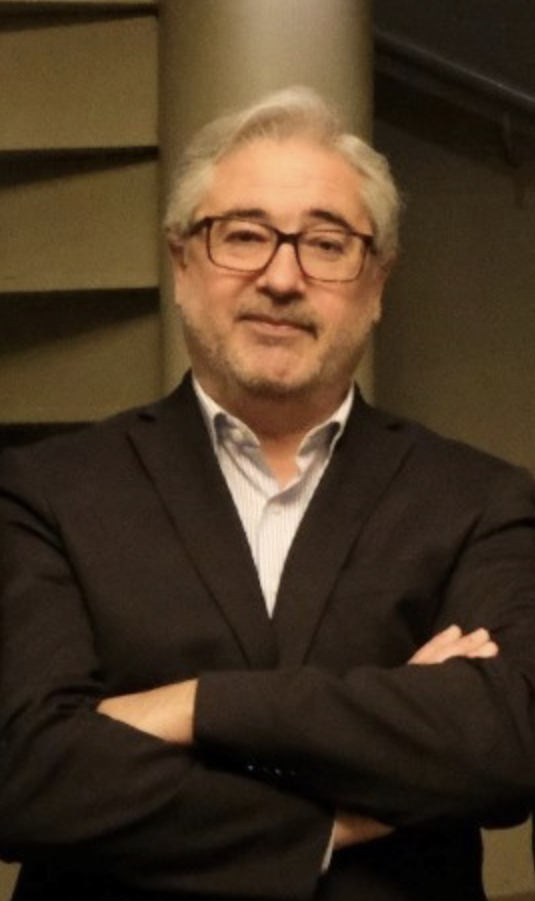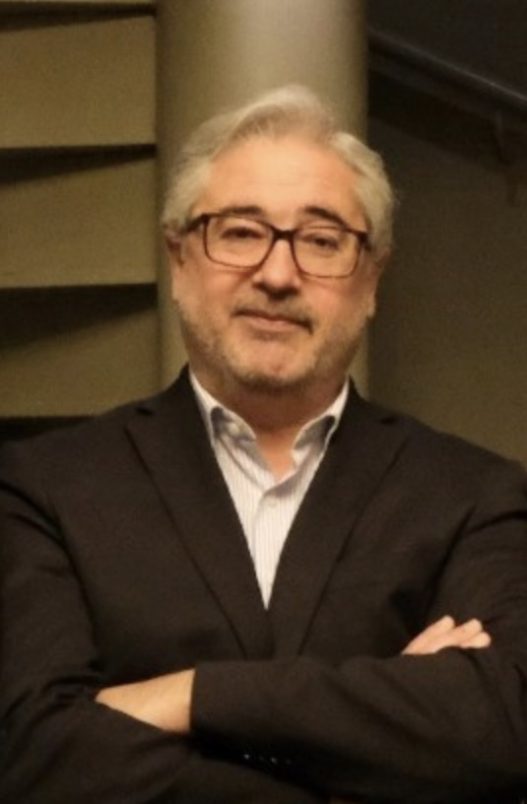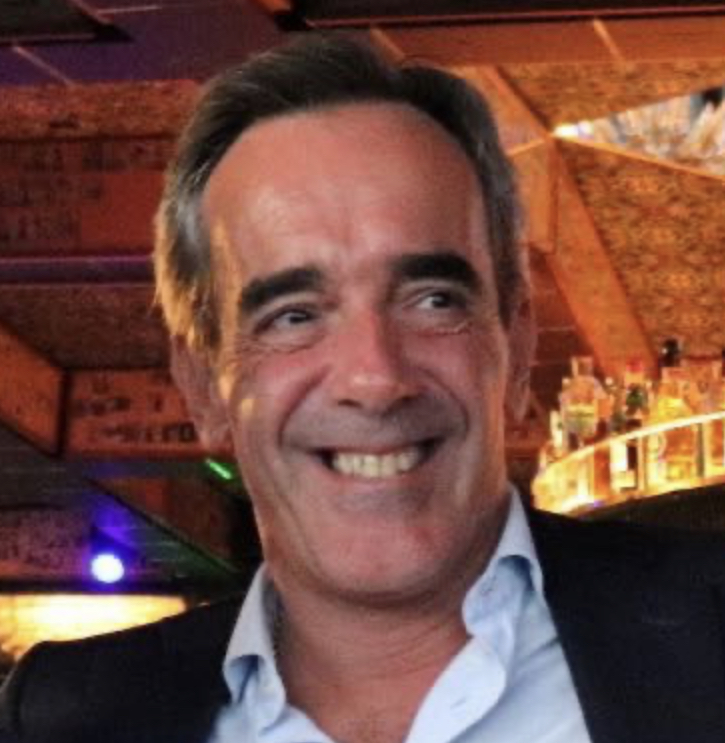FERNANDO RODRIGUES PEREIRA
A BRIEF HISTORY OF MODERN PORTUGUESE SOCIALISM

Tuesday’s news left many stunned, but above all concerned about what had happened. The Prime Minister of Portugal, António Costa, resigned amid suspicions of being, albeit indirectly, linked to cases of corruption and influence peddling. It is a political and media event. With innumerable consequences. At all levels, entering homes and people’s lives.
Is this climate of surprise and concern normal? It is. What is not normal is that people have not wondered before, why this had not yet happened and why history repeats itself. The use of the lower case “h” in “history” is justified by the fact that, with some similarities, this is the second Prime Minister, this one in office, to be involved in a corruption scheme, or at least favor exchange, in such a short period of time. It was inevitable.
Without pointing an inquisitorial finger, much less invested with such Lusitanian bonhomie, this Socialist Party (PS) which, with brief intervals of governments led by social democrats, has governed Portugal for several decades has become, first, a power machine and, second, a machine for managing power, the power that belongs to the State. Hardly that.
THE MACHINE
I could have used the word “monster”, but it would not have been the same. It is really a machine, built by workers who had the art – politics is only the science of the possible, when it loses its poetics – of putting it together piece by piece.
First with their own hands, earning money to eat. Then they were almost revolutionaries, they dreamed of a Sweden on every corner and fought in a good and heated ideological discussion, thus defending their own kind.
Then they became better organized, especially with the help of the many people who became directors and who built the machine every day, adding parts and keeping it running. They had free time, which allowed them to get to know new realities. The reality of those who manufactured the parts and, thanks to that, some of them became rich (or at least secured their independence), the public schools their children attended and the private clinics with à la carte care they had easier access to and were, to quote one of their historical leaders, among the first to “put socialism on the back burner from time to time”. Discussions were no longer as heated and the vocabulary began to be more fluid. They invented a narrative and filled it with words like dialogue, solidarity, inclusion… they invested so, so much in creating this narrative that they never realized that adversatives populated the texts: public school, but… National health service, however… Principles, despite…
Later, perhaps tired of the routine and having learned some of the “tricks” of those who elaborated the pieces and, above all, remembering the taste of the cigars they were offered for Christmas, they decided on other soft wonders. They created mechanisms to continue having others working on the machine and treating them reasonably, keeping them dependent on a certain stability that the Portuguese “softies” appreciate, distributing profits in dribs and drabs. So far, so good? Yes.
But I forgot to mention (on purpose) some crucial elements. In that narrative, the word “risk” didn’t exist. Or did it? It doesn’t matter either. These platonic demiurges, divine artisans, think that “risk” is a nuisance, even an injustice for those who, defended by a symbol, that of the PS -the famous closed fist of the right hand-, have done so much for a system that is even kind to many and to their families -1 out of 3 works, directly or indirectly, in jobs granted by them, in the State or in their orbit-. Social engineers that they have always been, they have come up with a solution: that the State assumes the risk, their risk. It is fair -among other things because justice cannot be blind, after all that universities have spent on research-, it is supportive and integrating -because it is shared by all, even the most disadvantaged- and it sets the economy in motion -consultancies are created, offices are rented, qualified lawyers are mobilized, cars are sold, specialists are hired-, placing us at the head of the Western world….
They have even motivated them to be even more avant-garde. They have dematerialized and today they limit themselves to selling influences, with clockwork precision, at platinum prices. They even disdain those who pay.
Those adversaries I was talking about before were the cement used to glue together natural and bizarre coalitions, on the left, on the right, in the center… a people who were sailing with precision towards new worlds became prisoners of a heady navigation in sight. We have not been growing for 30 years, even though we are now receiving money from the European bazooka, but we have not decreased either… much. The indicators are getting worse and worse… but on Sunday, the goals in the stadium and the comments on TV relativize what is happening.
THE CHOICES
In general, it could be said that it is not an original story. That if it were not for the socialists, it would be another… Could it be? That Portuguese history, apart from the period of the Discoveries, has never exactly been vibrant… Or has it?
And what does this have to do with this particular prime minister and the near future?
This is not the time for cheap philosophizing. The next few months will tell: elections are looming with no clear majorities. All possible coalitions are speculated: further left, further right, radically to the center… But one of the most solid scenarios is that the Socialist Party will remain the key to all the answers. Because it will regenerate in time for the elections? Because it will bring a new program? Or because the opposition is not valid and mobilizing? No, I dare say.
The PS has studied power, patiently building it to make it its own. The PS dominates the State, built it, or rather, preened the machine like a spider, controls its nerve centers, made it in its image and likeness, to dominate the silent majorities. Is it enough?
This engineering – the definition of engineering in wikipedia helps us: the application of scientific, economic, social and practical knowledge to plan, design, build, maintain and improve structures, machines, devices, systems, materials and processes – dear readers, is not always enough.
Politics in Portugal is and will always be poetic. All these engineers/demiurges have always had the lucidity to let themselves be guided or slipped through the corridors of power led by a fantastic character, who legitimizes his phatic powers and, above all, his influence, to keep the machine tuned and golden. But the world is unfair: for some they are the crème de la crème, for others (ungrateful) a crumb. They realize that human nature exists and that it is a challenge that only a few can overcome or, in their case, outwit.
Mário Soares, fighter and motivator: two IMF interventions; António Guterres, generous and conciliatory: he left power saying that the country was a swamp and that we would never grow again; José Sócrates, pragmatic and vigorous: responsible for an intervention of the International Monetary Fund, the European Central Bank and the European Commission, awaiting trial for several corruption cases and, now, António Costa, creative negotiator of solutions: resigned prime minister, possibly charged at least for “assiduously socializing” with the corrupt and corruptors, after leading a government with absolute majority….
The next elections must be a moment of clarification in which the Socialist Party is led by true and convinced socialists and the opposition forces, especially the center-right and the right, fearlessly assume their alternative options, demonstrating that we are not condemned to depend on a State that is nothing more than a machine. And let the voters choose the winner, not the “least bad” solution. Enough is enough, we must demand a more motivating future. The future is always a risk.
Fernando Rodrigues Pereira is a Portuguese journalist and communications consultant.
This text is for free use. If you plan to use it, please cite the author and EditoRed.
Read here the original text in Portuguese.



